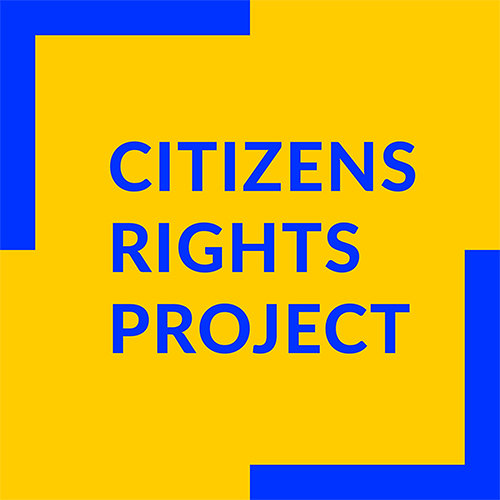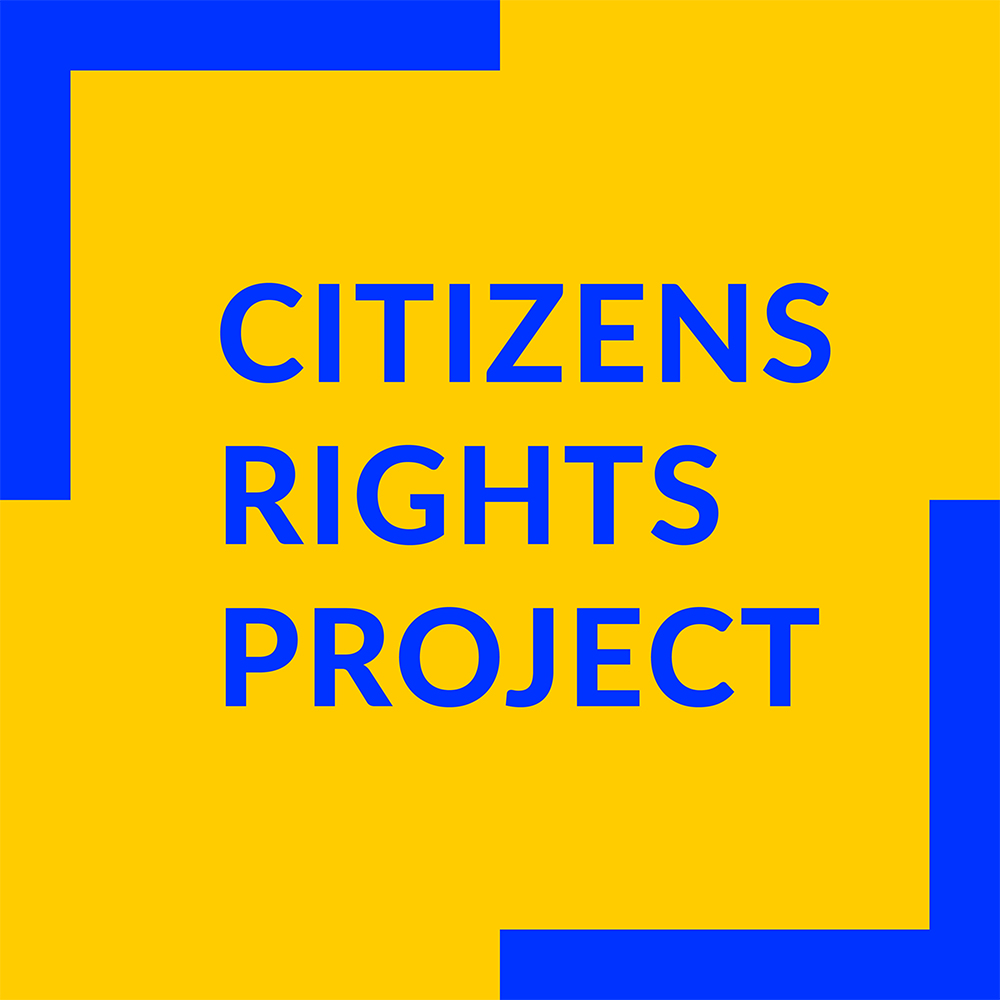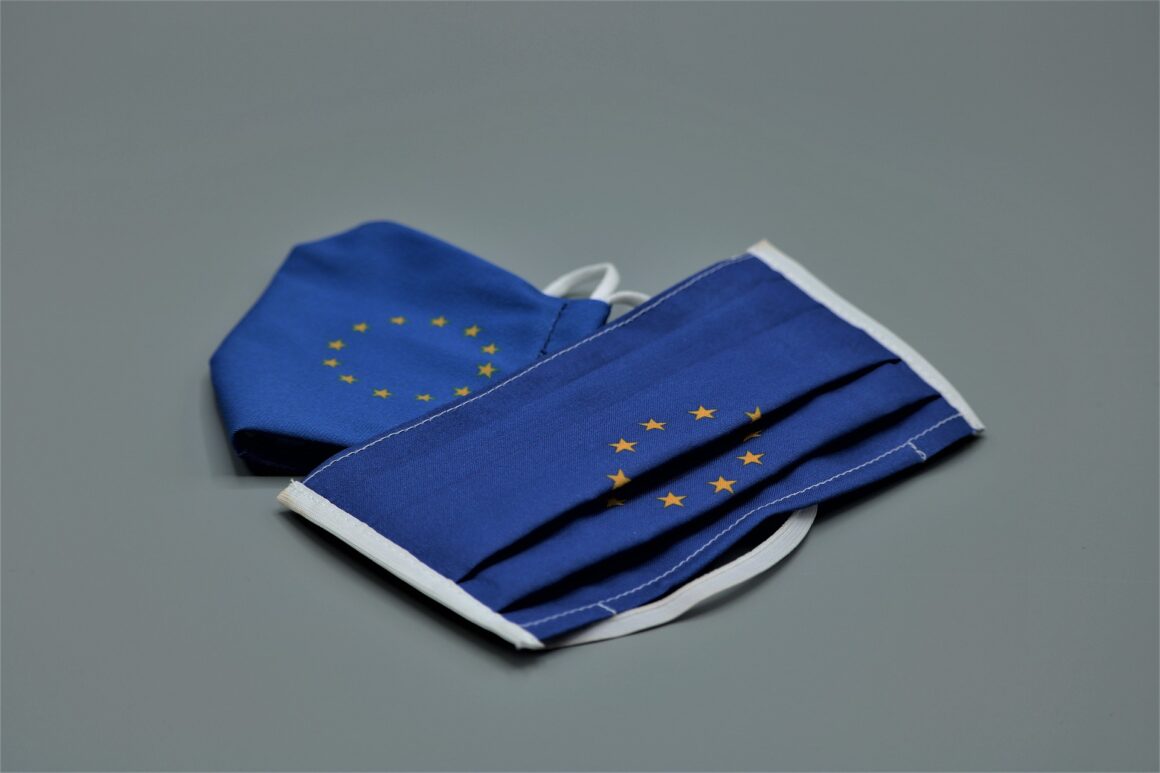The pandemic has made it difficult for some EU nationals to fulfil the requirements of the EU Settlement Scheme. Some cannot obtain the documents they need or may fall foul of the continuous residency rules. Mark Lazarowicz (Terra Firma Chambers) and Dorota Peszkowska (Feniks) warn they are at risk of losing their right to stay in the UK and claim benefits, and suggest how the Home Office could alter its guidance.
The last few weeks have brought massive disruption to our normal course of life. But amid this unprecedented global crisis and general turmoil, one thing stands still: the UK government’s deadlines for the EU Settlement immigration scheme (EUSS). Applying to this scheme is obligatory for EU citizens and other EEA/Swiss nationals who wish to continue living in the UK lawfully – with the exception of Irish citizens and those who already have indefinite leave to remain (who may apply if they wish).
Many community groups across the UK continue to work with vulnerable EEA nationals during lockdown. However, not everyone can be helped at the moment. What is the reality of making an EUSS application during the pandemic?
First of all, there have been major changes to the process itself. During the first two months of lockdown the Home Office did not have the capacity to accept documents by post. During that period, that narrowed the pool of eligible applicants to those with a biometric form of ID. These are not as common as one would think; for example, in Poland only a small number of national identity cards, those issued after March 2019, are biometric, and not everyone holds a passport (children are particularly likely to be affected, as a national ID card for them is free and simpler to obtain). Holders of Spanish passports may often find that their biometric chips do not work with the application. Additionally, as many UKVCAS biometric service points and UK visa centres are shut around the world, non-EEA family members eligible to apply find this situation particularly stressful. To add to their woes, the EUSS Resolution Centre helpline was also suspended for several weeks after the lockdown commenced.
Those whose do not have a current valid form of ID (typically because it has expired) can find themselves in even more difficulty? Most, perhaps all, national consulates, , currently remain closed except for emergencies. It is hard to imagine the effect the current backlog of passport applications will have on future waiting times, which at some consulates were prohibitively long even before the pandemic. There exists a separate application route for those EEA nationals who cannot present their ID documents, but it requires filling in and sending a lengthy paper application form without a guarantee of success – and there will obviously be a backlog in the Home Office dealing with physical correspondence as a result of it not accepting mail for a couple of months.
Unfortunately, even applicants who do have the correct valid ID documents may still face difficulties. To make an application, they need a newish model of a smartphone and a fast internet connection. They may also be asked to submit additional residency evidence. This puts those deemed as ‘vulnerable’ and ‘facing additional barriers’ at a disadvantage. In normal times, they could count on the support of community organisations, libraries or digitally more included friends; the current crisis means they are often left to their own devices. Children are again particularly at risk, as their applications often depend on submitting relevant relationship evidence to their sponsor, or a letter from a school confirming their UK residence. At present, their carers cannot visit registrar offices simply for the needs of an immigration application.
Last but not least, we need to mention EEA nationals currently stranded abroad due to lockdown measures around the globe. As travel remains disrupted and discouraged, EEA nationals risk breaking their ‘continuous residence’ in the UK required for the EUSS. ‘Continuous residence’ usually means no more than six months of absences in any 12-month period. The EUSS process allows for one longer absence from the UK for an ‘important reason,’ such as illness. It has not been clarified how that will impact people whose absence has been extended as a result of quarantine, or travel restrictions, as distinct from contracting the virus.
What are the consequences of not applying? Becoming an illegal migrant in the UK is of course a future anyone would like to avoid. But some unpleasant effects of not acquiring settled status can be felt already. Those who lost their source of income as a result of the pandemic will find to their dismay that Universal Credit applications require proof of habitual residency in the UK. Applicants who do not hold indefinite leave to remain in the UK may be refused.
It is also important to note that the lockdown affects migrant groups in the UK in some respects more than the rest of the population. This is because migrants form a disproportionate part of the newly-labelled ‘key’ workforce, including NHS staff. Additionally, many are part of the ‘gig’ economy on zero-hours contracts. Migrants are more likely to face this crisis alone, often separated from their families by several national borders. As a result, proportionally very few will be lucky enough to spend this time working from home, with their income secure and surrounded by family. With their livelihoods and lives in danger, not all will prioritise EUSS applications at the first opportunity.
So it is important that the UK, and where appropriate the EU, take steps to minimise the consequences of the lockdown for EEA nationals who, through no fault of their own, now find their long-term right to reside in the UK at threat.
Firstly, when an applicant is unable to produce a valid passport or national ID card, the UK government’s current guidance already allows for an exception in certain cases:
“There may be reasons why an applicant in the UK cannot provide the required proof of identity and nationality in the form of (for an EEA or non-EEA citizen) a valid passport, (for an EEA citizen) a valid national identity card, or (for a non-EEA citizen) a valid biometric residence card or a valid biometric residence permit. You may accept alternative evidence of identity and nationality where the applicant cannot obtain or produce the required document due to circumstances beyond their control or due to compelling practical or compassionate reasons”. (Page 22, Guidance for decision makers, EU Settlement Scheme: EU, other EEA and Swiss citizens and their family members, Version 4.0. April 6, 2020).
In practice, however, such alternative evidence is rarely accepted as being sufficient, as anyone who advises applicants to the EUSS scheme will know. The UK government could simply amend that guidance to make it clear that if a person could not produce the required documents because they were unable to obtain them from the relevant state’s authorities, that would amount to ‘circumstances beyond their control’, and suitable alternative documentation (such as recently expired ID, or other state documentation) could be accepted.
Secondly, the UK-EU Withdrawal Agreement does allow for applications to be made to the EUSS scheme after the normal deadline (six months after the end of the transition period) in certain circumstances:
“where the deadline for submitting the application… is not respected by the persons concerned, the competent authorities shall assess all the circumstances and reasons for not respecting the deadline and shall allow those persons to submit an application within a reasonable further period of time if there are reasonable grounds for the failure to respect the deadline”. (Art 18(d))
It would be perfectly possible for the guidance to make clear that difficulties in submitting a timely application would normally be regarded as a good reason for having failed to ‘respect the deadline’, and to allow a late application.
Some applicants have had difficulty in submitting applications during the crisis because the UK government’s own facilities have been closed. If those difficulties continue, the UK can bring into operation the provisions of Article 18(c):
“the deadline for submitting the application referred…. shall be extended automatically by 1 year where the Union has notified the United Kingdom, or the United Kingdom has notified the Union, that technical problems prevent the host State either from registering the application or from issuing the certificate of application referred to in point (b). The host State shall publish that notification and shall provide appropriate public information for the persons concerned in good time.”
The importance of the UK registering an application or issuing a certificate of application is that it provides the applicant with rights under the EUSS, pending a decision. If that is not done before the deadline, then the applicant will have no proof of their right to reside in the UK after that point.
Taking these steps would provide a degree of reassurance to the many EEA nationals in the UK who have not yet been given settled or pre-settled status, and none would require any legislation.
The position of EEA nationals who run the risk of breaking their ‘continuous residency’ (and so their right to settled status) may not be as straightforward to resolve, however. In the Withdrawal Agreement, Article 15 specifies that the definition of continuous residency is that which is set out in Article 16(3) and Article 21 of Directive 2004/38/EC (the “Citizen’s Directive”). Those provisions allow an absence of six months, in some cases up to 12 months, before continuous residency is lost. However, the 12-month extension is only permitted on one occasion (unless for compulsory military service), and that for important reasons such as pregnancy and childbirth, serious illness, study or vocational training, or a posting in another Member State or a third country.
A person who was absent from the UK because they had contracted a serious case of COVID-19 would no doubt fall within the definition. However, it is unlikely that someone who was unable to return because of travel restrictions in either their member state or the UK could be regarded as being absent “because of serious illness”. “Important reasons” might suffice, but that could certainly not be relied upon. And what would be the position of somebody who had been absent for more than six months because they had been placed in quarantine towards the end of their stay?
Home Office guidance could be changed to specify that absence of that nature would indeed constitute “important reasons”. However, the 12-month extension is only permitted on one occasion. Therefore, if an EU citizen in the UK had already been absent for more than six months for one of the permitted reasons, they could not then be absent again for more than six months without breaking their continuous residence, even though that absence was because of COVID-19 (either their own illness, quarantine or travel restrictions, or a combination of any of those.).
It might be thought that such an unfortunate combination of circumstances is so unlikely as not to require legislating for. Perhaps few would be so unlucky, but those who were would be in a much worse position than would have applied before Brexit. With the UK a member state of the EU, even if they had lost the right to permanent residency, they could still have returned to the UK and resumed exercising their treaty rights: but after Brexit, if they lost their right to apply under the EUSS scheme, they would be likely only to be able to reside under whatever new immigration rules were applied to EEA nationals arriving after the end of the transition period.
The restrictions on the period of absence allowed before breaking ‘continuous residence’ are set out in the Withdrawal Agreement, and their incorporation into UK law under the Immigration Rules Appendix EU. Without specific provision, it would appear that the Home Secretary would not be empowered under that appendix to allow any flexibility as to what absence breaks continuous absence. She could, of course, use her discretionary powers to grant indefinite leave to remain outside the rules. However, EEA nationals in that position would not want to rely on administrative discretion to secure their future residence in the UK. Instead, Appendix EU could be amended – perhaps by allowing an absence for “important and other exceptional reasons” rather than “important reasons” alone, and also by allowing that longer absence on more than occasion.
EU citizens who worry they might face difficulties because of the pandemic, or even lose their ability to secure their right to long-term residence in the UK, are right to be concerned. These straightforward steps could go a long way towards reassuring them.
This post represents the views of the authors and not those of their organisations,
Mark Lazarowicz is an advocate with Terra Firma Chambers, Edinburgh. He is also the chair of the Citizens Rights Project, an NGO which works with EU citizens throughout Scotland.
Dorota Peszkowska is an immigration adviser from Feniks, a charity supporting EEA nationals in the Lothians. She has worked in a project assisting vulnerable EU citizens in making applications under the EUSS.
(Note: this post was first published on The London School of Economics and Political Science Brexit blog on 13 May 2020 and was updated on 4 June 2020)
****Feature image by Jeyaratnam Caniceus in Pixabay.


